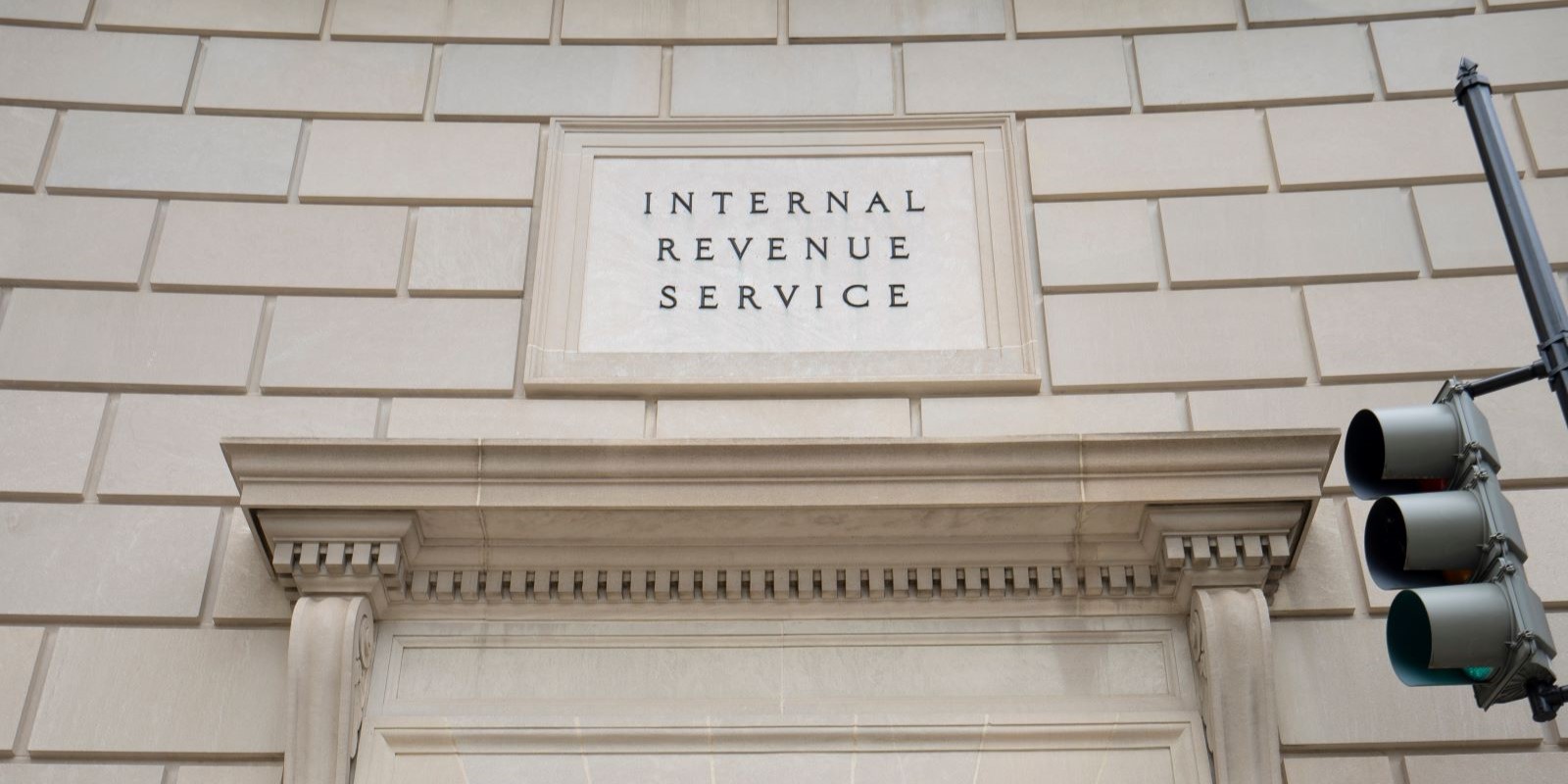IRS to Remove Partnership Basis-Shifting Regulations

The IRS has announced its intention to remove the controversial partnership basis-shifting regulations that just took effect on January 14, 2025. The result will be that partnership basis adjustments involving related parties and identified as potentially abusive will no longer be treated as “covered transactions” subject to disallowance rules. They also will not be treated as reportable transactions subject to heightened disclosure rules. The action is being taken to comply with President Trump’s executive order directing federal agencies to reduce or eliminate burdensome regulations.
In the new Notice, the Treasury Department stated, “Taxpayers and their material advisors have criticized the Basis Shifting TOI Regulations as imposing complex, burdensome, and retroactive disclosure obligations on many ordinary-course and tax-compliant business activities, creating costly compliance obligations and uncertainty for businesses.”
Partnerships, Some Consolidated Groups Covered
The regulations to be removed targeted the use of partnership transactions where basis adjustments “artificially generate” income tax benefits. The final rules also were applicable to consolidated groups whose members own partnership interests. The IRS earlier had stated that many of these transactions “lack economic substance” and are undertaken solely for tax avoidance.
Specifically, the final regulations applied to:
● Transfers of partnership interests to related parties
● Distributions of property to a related party
● Liquidations of related partnerships or partners
For tax purposes, a related party is someone who shares certain familial relationships or who has certain percentages of common ownership interests in entities. Entities can be related to each other through common ownership. Two partnerships are related if the same partners own directly or indirectly more than 50% of the capital interests or profits interest in each.
The transactions covered were ones that resulted in increases to the basis of property and generated increased cost recovery allowances or reduced gain/increased loss upon sale of the basis-adjusted property.
Penalties and Disclosure Requirements Removed
IRS Notice 2025-23 states that the IRS is providing “immediate relief” from penalties to participants in basis-shifting transactions and is suspending the Section 6112 disclosure requirements. That section requires any material advisor—one who organizes or sells an interest in an identified tax shelter—to maintain a list identifying each person who bought into the investment vehicle. Under the Notice, these lists will no longer be required.
Economic Substance Still an Issue
Some commentators are concerned, however, that the IRS Notice does not addressRevenue Ruling 2024-14, which applied the economic substance doctrine to related-party partnership transactions that generate increased cost recovery deductions. That ruling disallows basis adjustments if a transaction or series of transactions do not serve an economic purpose.
The National Taxpayer’s Union (NTU) in a letter to Treasury echoes other commentators who maintain that the economic substance doctrine is applied to these partnership transactions “without any consideration of its relevancy to the transactions at issue.” They urge Treasury to withdraw the ruling because it represents an “…aggressive stance toward partnerships” and is used to “…justify increasingly tenuous positions against taxpayers.”
Conclusion
The action by the IRS to remove its recently finalized regulations is unprecedented and suspends a significant regulatory initiative in the partnership area. Partnerships with related parties have operated under the final rules now for almost 4 months and may have adjusted their practices based on the discredited rules. If your investments or businesses have been affected, it is important to contact your Frazier & Deeter tax advisor to determine how the withdrawal of the basis-shifting rules may change your decision-making going forward.
Explore related insights
-
Navigating the One Big Beautiful Bill Act: FD’s Insights & Analysis
Read more: Navigating the One Big Beautiful Bill Act: FD’s Insights & Analysis
-
How Infrastructure Is Powering the Democratization of Private Markets
Read more: How Infrastructure Is Powering the Democratization of Private Markets
-
Beyond the Balance Sheet: How to Avoid Costly Mistakes in Pension Valuations
Read more: Beyond the Balance Sheet: How to Avoid Costly Mistakes in Pension Valuations






